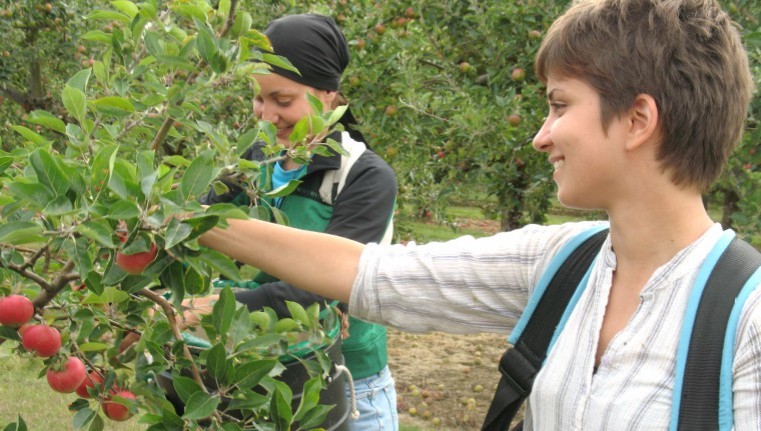Travel restrictions and illness could leave a shortage of tens of thousands of agricultural workers. The UK Government should help by encouraging those who have lost their jobs to work on farms, to keep viable businesses afloat.
Government and industry figures show that over 60,000 seasonal labourers come to the UK each year to help complete annual harvests. Yet travel restrictions are expected to make it almost impossible for farmers to access the labour they need.
The CLA is estimating that 75% of these workers will be unable to enter the UK due to coronavirus-related restrictions on the freedom of movement.
Time is of the essence: vegetable growers are already beginning to crop, lambing season has reached its peak and soft fruit – which must be picked within a three-day period – is due to begin in April.
Demand for labour comes at a time when thousands of people find themselves suddenly out of employment. We are urging people to seriously consider taking up an important role in Britain’s agriculture and food processing sectors, which offer decent rates of pay and more varied roles than people think.
Mark Bridgeman, President of the CLA, said: “We all know this is a deeply concerning period and we are all determined to do all we can to help the country through it.
“In order to do so, we must recognise that farmers supply of labour is in jeopardy. A shortage of 80,000 workers is something we have never seen before. This is why we are calling for a ‘Land Army’ of employees to support farmers in feeding the country.
“We need urgent Government assistance to help source workers and advertise positions. Time is of the essence as many farmers will soon begin, or have already, begun planting or harvesting.
“Farms and rural businesses are already suffering from the winter flooding and uncertainty over future international trading relationships. If we fail to find these key workers, businesses will go bust.”
CLA South East represents farmers, landowners and rural businesses across Kent, Surrey, Sussex, Hampshire, the Isle of Wight, Berkshire, Buckinghamshire and Oxfordshire.




